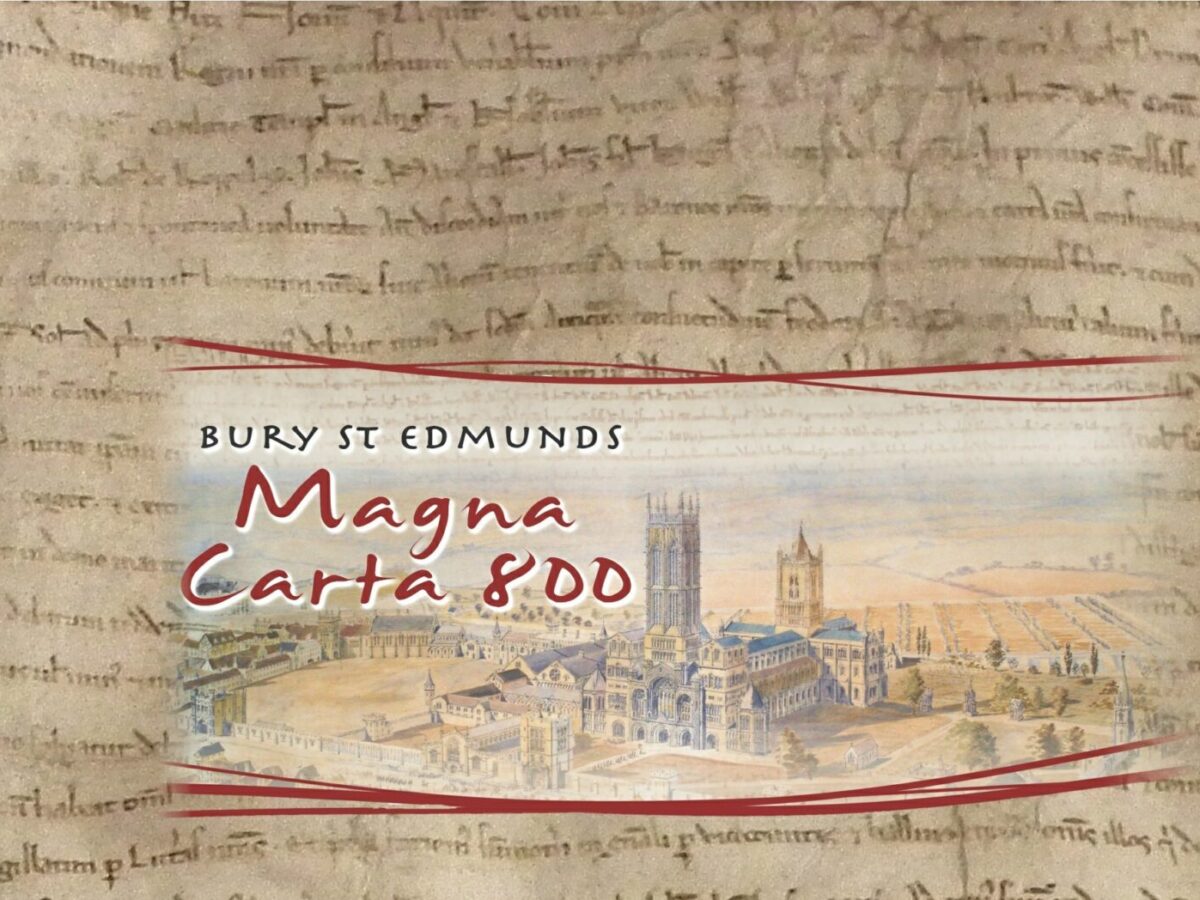
Danial Jarrahi Wrote In a Note To The International Relations Think Tank: The English kingdom’s great landholders possessing castles and commanding large numbers of knightly tenants formed the first body that visualized itself as a distinct order or political community with its own interests differing from the king’s agenda. Although the twelfth-century aristocracy had no formal legal standing, descendants of William the Conqueror’s companions quickly came to view themselves as a hereditary caste. Second and third generation Anglo-Norman barons adopted surnames derived from their ancestral lands in Normandy, and they began to see themselves as a power bloc or community. At the end of the twelfth century, they already felt themselves entitled to an official place among the king’s counsellors, and they resented the professional royal servants and mercenary military captains who were usurping their proper places at his side.

Written by: Danial Jarrahi British Studies MA Student, Faculty of World Studies (FWS), University of Tehran
The Aristocracy or Baronage
IRTT: The English kingdom’s great landholders possessing castles and commanding large numbers of knightly tenants formed the first body that visualized itself as a distinct order or political community with its own interests differing from the king’s agenda. Although the twelfth-century aristocracy had no formal legal standing, descendants of William the Conqueror’s companions quickly came to view themselves as a hereditary caste. Second and third generation Anglo-Norman barons adopted surnames derived from their ancestral lands in Normandy, and they began to see themselves as a power bloc or community. At the end of the twelfth century, they already felt themselves entitled to an official place among the king’s counsellors, and they resented the professional royal servants and mercenary military captains who were usurping their proper places at his side.
A synonym for the medieval English nobility is the term ‘baronage’, tenants-in-chief of the king holding substantial lands from him in return for services. Because barons held widely varying amounts of land and resources including at least one castle, it is difficult to define them by wealth or territory. Although barons varied widely in wealth and power, from the most powerful with over a hundred knights holding land of them to a few with only two or three, a rough average is around thirty knights and an annual income of £200. Among the aristocracy, the highest rank was ‘earl’ (Latin comes), and earls were often the king’s kinsmen, although the title was largely honorific after Henry II’s accession. Their number ranged from about a half dozen during the Anglo-Norman era to fourteen or fifteen on John’s accession in 1199. Some barons without the title of earl equaled them in landholdings and wealth, however; for example, one of the leaders of the baronial opposition to King John, Robert fitz Walter of Essex, had over a hundred knightly tenures. Ranking alongside earls and barons in status and joining them in attending great councils were the bishops and abbots. Despite the Church’s definition of the clergy as separate from and superior to all laity, the higher clergy had dual status as both spiritual leaders and lay lords, holding lands from the king and owing him quotas of knight service. In the years following the Norman Conquest, the new monarch and his aristocracy were united by a common interest in protecting the kingdom from foreign threats, keeping a subject population under control, and preserving and expanding their possessions.
The new corps of professional royal servants in England not only challenged the magnates’ social and economic superiority, but also proposed theoretical justifications of royal absolutism. Opinions on the nature of government diverged once the barons devised their own notion of the proper nature of royal government. They condemned innovations under Henry II and his sons as departures from ancient custom, and they looked back with nostalgia to an idealized picture of Anglo- Norman England, where they imagined the king ruling with the counsel of his tenants-in-chief and safeguarding baronial courts’ integrity. By King John’s reign, two political concepts were taking root among the baronage. They sought to replace arbitrary rule by the king’s will with governance in accordance with the good old law, and they demanded a role for themselves in adjudicating conflicts between the monarch and his magnates at frequent great councils. In short, they wanted King John to rule ‘by judgment’ and ‘by counsel’.
THE REIGN OF KING JOHN, 1199–1216
King John’s designation as ‘Bad King John’ sums up his historical reputation, even among some professional historians today. He had the bad luck to succeed as England’s king his brother Richard Lionheart, whose courage on the Third Crusade had earned him admiration, inspiring contemporaries to hail him as the perfect exemplar of the chivalric king. John’s lack of chivalric virtues and shortcomings as a warrior combined with his suspicious personality to earn him a poor reputation, even in his own day, that contrasted with his predecessor’s and thwarted him in winning the respect of his baronage.
Crises of John’s reign: military defeat at the hands of Philip Augustus
Along with the English crown, John Lackland inherited his brother’s conflict with Philip Augustus of France, who had taken as his chief task driving the English king from French territory. The split between the Angevins’ English kingdom and their continental possessions seems to have started with Philip Augustus’s accession in 1180, and his innovations in government before departing on the Third Crusade strengthened the French monarchy and cancelled the English kings’ fiscal advantage, tipping the balance in the Capetians’ favor by the beginning of the thirteenth century. Philip’s return to France from the Holy Land in 1191 initiated more than a decade of conflict, broken only by sporadic unstable truces.
Richard’s death without an heir of his body created new tensions between the French and English royal houses. Despite Philip’s earlier alliance with John Lackland while Richard was on crusade and in captivity in Germany (1190–94), John’s accession to the English throne did not dent the Capetian effort to drive the Plantagenet from their French possessions.
Crisis over the Succession to the Archbishopric of Canterbury
John had the bad luck to be England’s king during the pontificate of Innocent III, one of the most ambitious and aggressive of the medieval popes, a pontiff who meant to enforce all his rights and responsibilities as God’s viceregent on earth. Innocent challenged the monarch’s traditional authority over the English Church in a long and bitter conflict over the succession to the archbishopric of Canterbury following Archbishop Hubert Walter’s death in 1205. Such a conflict could arise because the boundary between the English king’s role in the spiritual domain and the Church’s power in the secular sphere remained undefined, even after the quarrel between John’s father and Thomas Becket.
After John’s return in defeat from France in autumn 1214, he shored up support among the English clergy, granting the English Church a charter guaranteeing cathedral churches and monastic houses the right to elect freely their bishops and abbots, a promise that would be repeated in chapter 1 of Magna Carta. The king was confident that he could find ways to ensure election of his own candidates to bishoprics, and his efforts further inflamed friction with the archbishop of Canterbury. This betrayal of his promises angered some clerical intellectuals, strong advocates of the Church’s supremacy; and in their animosity against the king, they made common cause with barons hostile to John. Foremost among such disaffected clerics was Archbishop Stephen Langton, ready to teach John’s subjects that the king must be under God and divine law.


